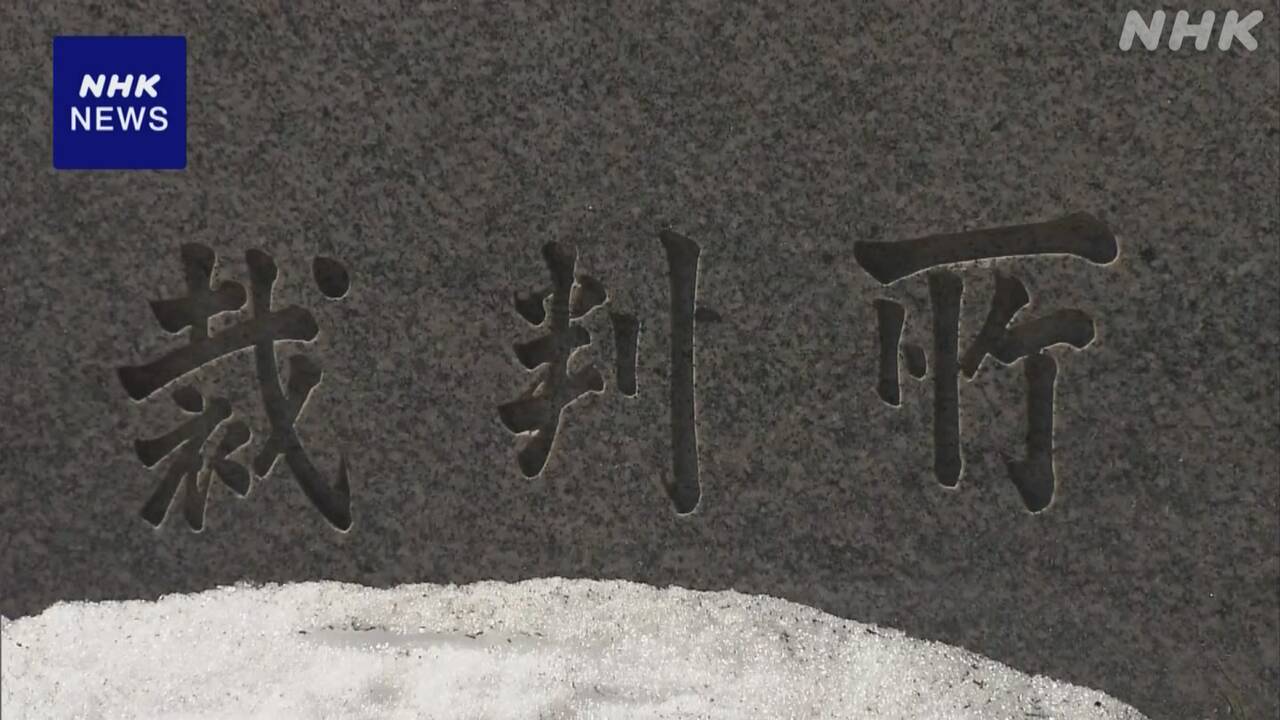On the 25th, the plaintiffs, the same-sex couples, appealed to the Supreme Court on the 25th, dissatisfied with the ruling of the Sapporo High Court, which recognized for the first time in the second instance that not allowing same-sex marriage is unconstitutional. I appealed to the court. This is the first time that a class action lawsuit filed nationwide has been appealed, and the Supreme Court's decision will be closely watched.
In a case in which a same-sex couple living in Hokkaido sued the government on the grounds that same-sex marriages are not recognized in violation of the Constitution, the Sapporo High Court ruled on the 14th of this month that the Constitution does not include same-sex marriages. The court ruled that it violates the Constitution because it guarantees the same degree of freedom of marriage as heterosexual couples.
On the other hand, the court dismissed the claim for compensation, stating that the government could not be found to have neglected legislative measures.
The plaintiffs appealed this judgment to the Supreme Court on the 25th.
One of the plaintiffs, Eri Nakatani (32), who lives in Sapporo, said, ``Even after the High Court's ruling, the debate in the Diet was not progressing, so I felt that legislation could not be enacted right away.The Supreme Court ruled that the law was unconstitutional.'' It's meaningful," he said.
Six class action lawsuits over same-sex marriage have been filed in five locations nationwide: Sapporo, Tokyo, Nagoya, Osaka, and Fukuoka, and the first and second instance rulings so far have been ``unconstitutional'' in 3 cases, ▽ There are 3 cases that are ``unconstitutional,'' and 1 case that is ``constitutional,'' which does not violate the constitution.
This is the first time that the case has been appealed, and the Supreme Court's decision will be closely watched.

